Russian "Triumph" and Indian zugzwang Trump
What the White House wanted to prevent, happened: Russia and India during Vladimir Putin's visit to India signed a contract to supply Triumph C-400 anti-aircraft missile systems.
This event was planned in advance, the parties declared their intentions in advance, but due to the unprecedented efforts of the Trump administration, aimed at avoiding a contract, some intrigue persisted until the last moment.
Recall that recently the relations between the USA and India have noticeably become warmer and advanced. This is the meeting of Modi with Trump, and the summit in the format 2 + 2 (Ministers of Defense and Interior), symbolizing a particularly trusting relationship. And the contract for the supply of American weapons worth 18 billion dollars, and an F-16 production agreement in India.
Plus, this is a discussion of the possible coordination of actions to "contain" the long-time rival of India - China, primarily in the South China Sea. American sources, we note, stated the unity of the geopolitical interests of Washington and New Delhi in the region.
For all these generous bonuses from the point of view of the Americans, they demanded from the Hindus, if not absolute submission, then, in any case, loyalty to the Washington course in its most important aspects. For example, in matters of confrontation with Iran and Russia (in terms of countering China from India, everything was always “good”).
Thus, Randall Shriver, Assistant Secretary of Defense for Asia-Pacific Affairs, said that Washington recognizes the past defense ties between India and Russia. But in the future he sees a reorientation of India to the purchase of exclusively American weapons. Given that up to 70 percent of the armaments of the Indian Armed Forces are Soviet and Russian, the desire of the American partners for the Indians is quite onerous. In fact, start a complete rearmament of the army and fleet just to provide the US military with orders! ..
And in order to cheer up New Delhi, Washington has repeatedly made it clear that against India, if it intends to continue military-technical cooperation with Russia, the CAATSA law passed last summer by the US Congress - the Act on opposing America’s opponents with the help of sanctions. According to this document, any state, company or bank, leading military cooperation with Russia, as well as Iran and North Korea, fall under the financial sanctions of the United States.
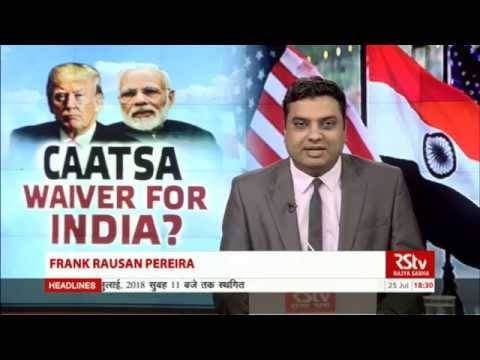
And if the United States could close its eyes to serving the already concluded military-technical agreements, in the case of the air defense system with the C-400, threatening to oust the US anti-aircraft systems from the world market, this is unlikely.
In response, the Indians rightly made it clear that they were ready to be allies and / or equal partners, but did not see themselves as obedient vassals and did not consider themselves under US jurisdiction.
However, there was a moment when the feeling arose that New Delhi could falter and bend over. After the US’s withdrawal from the atomic deal with Iran and its statements about sanctions against all buyers of Iranian hydrocarbons, some Indian sources reported about their readiness to obey American dictates and about their readiness to abandon Iranian energy resources.
And if India submitted to the United States in this matter, one would expect a rejection of the purchase of the Russian Triumphs.
We have already spoken about the importance of military-technical cooperation with our country for India, but without Iranian oil and gas, the use of which Indian enterprises are oriented to, the country's economy would have been dealt a serious blow. And the Hindus decided to ignore the American ultimatum on Iran.
However, apparently, the issue here is not only in bare pragmatism - it seems that Iranian energy resources and Russian weapons have become for New Delhi a matter of principle and a symbol of their true independence.
And the choice was made. We add that the additional effect to the Indian decision is added by the fact that the other day Russian companies signed documents on the construction of a pipeline from Iran to India.
Premier Modi unambiguously identified the position of his country as a power, intending to henceforth be guided solely by his own national interests, which become her main and only priority.
In light of this, the question arises of the US readiness to accept the new status of India - as an equal player with its own, not only regional, but also global interests and objectives.
Or, if you put the question differently, are the States ready to accept the decisions of Modi, or will they try to "punish" India?
In principle, the aforementioned CAATSA leaves it possible for the US president not to impose sanctions on the “offender” in the event that he considers them redundant. Actually, New Delhi directly pointed to such a right of the American leader in the situation with the purchase of Russian air defense systems. Will Trump use it?
A little more than a year ago, political scientist Jim Rickards in the British edition of the Daily Reckoning wrote: “If there is an international game in three, then the art of geopolitics is to form a duet, which then will put pressure on the lonely third. For example, the normalization of relations between the Russian Federation and the United States could undermine China. However, the strategy is also possible in quotes: one of the three risks going against the other two. In that case, this one behaves like a "damned fool." A typical model of a three-player game: two against one. ”
As we can see, Trump, due to a number of circumstances, behaved precisely as a “damned fool”, uniting Russia and the PRC against the USA.
The hypothetically American-Indian "novel", if continued, could significantly reduce the possibilities of the Russian-Chinese duet in the APR, in Central Asia and even in Africa (where India also has its own interests).
But today it is safe to say that such an alliance will not take place. And the question is whether India will take part in the big global game as a neutral participant, whose interests may at one time or another coincide with the aspirations of other players, or as another opponent of the United States? It depends primarily on Washington itself.
Of course, in the light of what was said for the White House, it would be wiser not to impose sanctions against India, the effectiveness of which is questionable. After all, 18 billion dollars intended for the purchase of American weapons, the Indians in the event of failure of the United States can buy Russian or, say, Israeli weapons. And starting the confrontation with India, the United States risks being in the role of a “double-damned fool”, increasing the number of opponents on the world stage.
By the way, with all the complexity of the relations between India and the PRC, these countries, when necessary, are able to negotiate and find a compromise, as evidenced by their joint work in such international associations as the SCO and BRICS.
So how will the United States behave? The answer to this question lies primarily in the plane of US domestic policy. Obviously, Trump’s refusal of sanctions against India, for acquiring C-400, will immediately be used by his opponents to accuse him of playing to the Kremlin. In the light of this, the American chapter, even if he is fully aware of the undesirability of confrontation with India (which is far from a fact), will most likely be forced to take it.
However, if he shows sufficient hardness not to start a confrontation with India, such an exception will seriously undermine the "authority" of CAATSA and encourage other, less independent countries to acquire Russian weapons and Iranian energy resources.
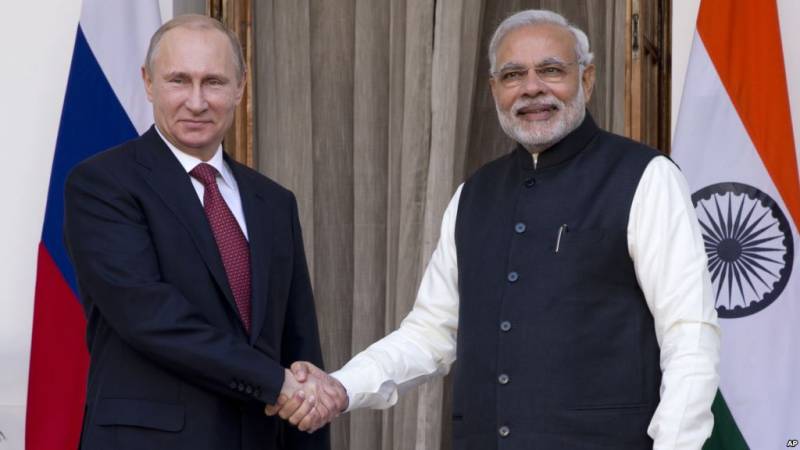
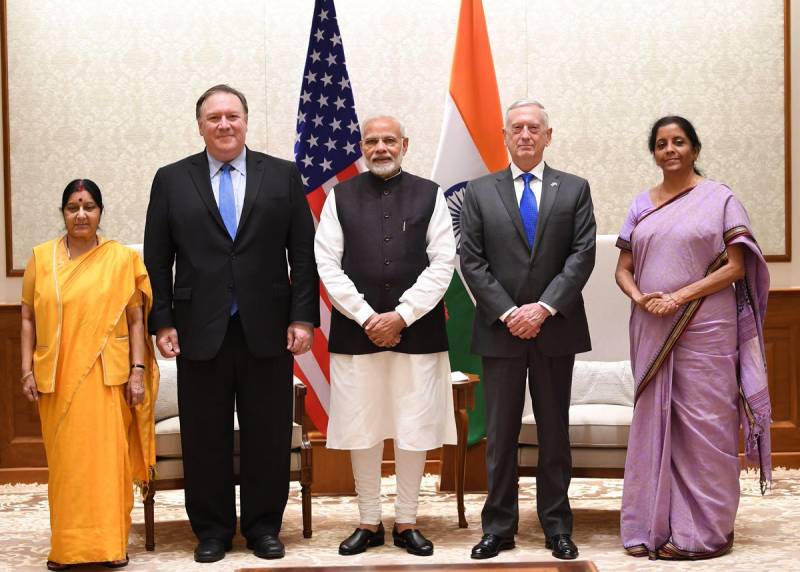
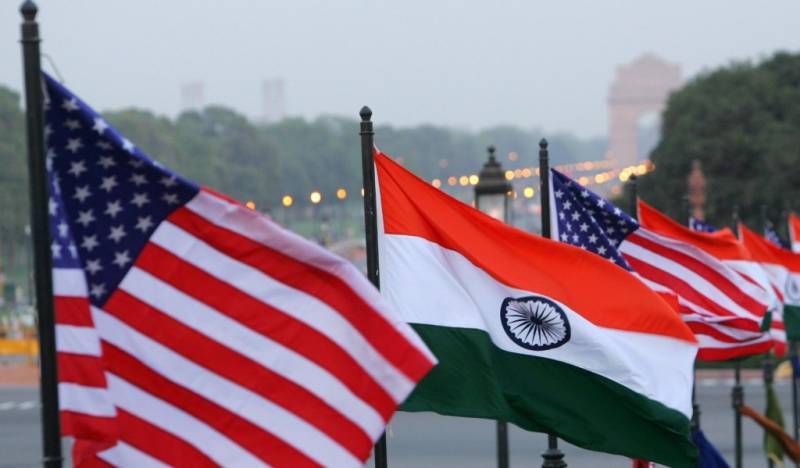
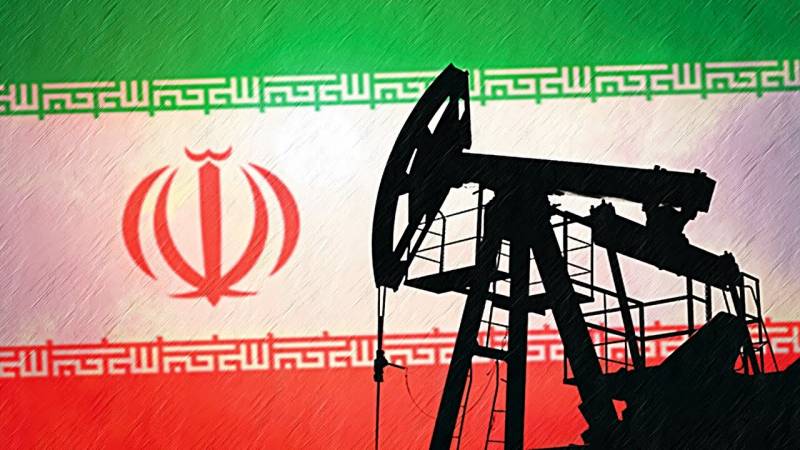
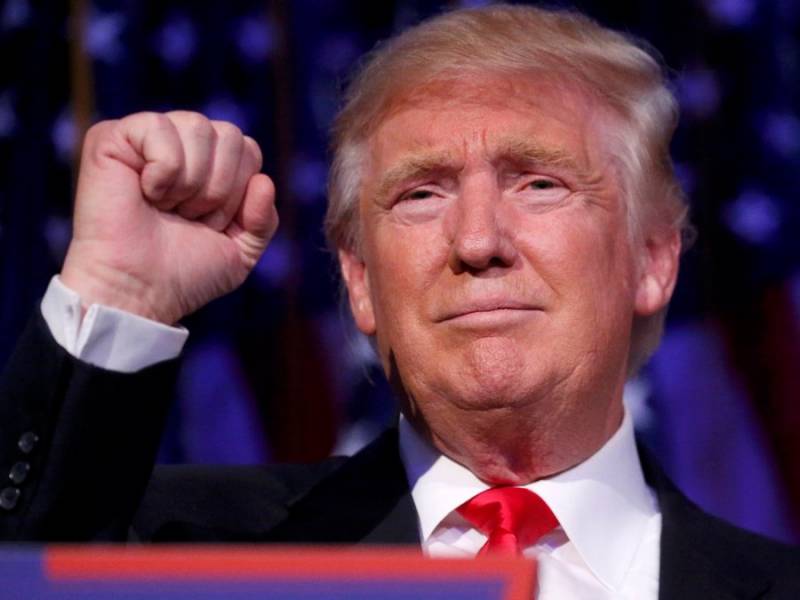
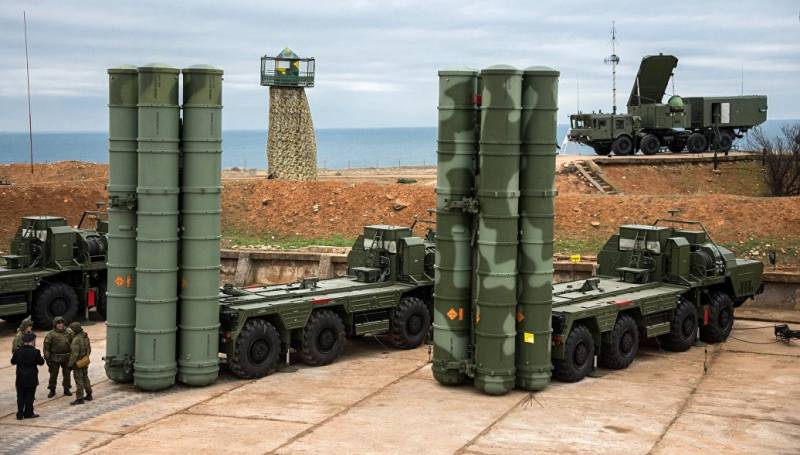
Information